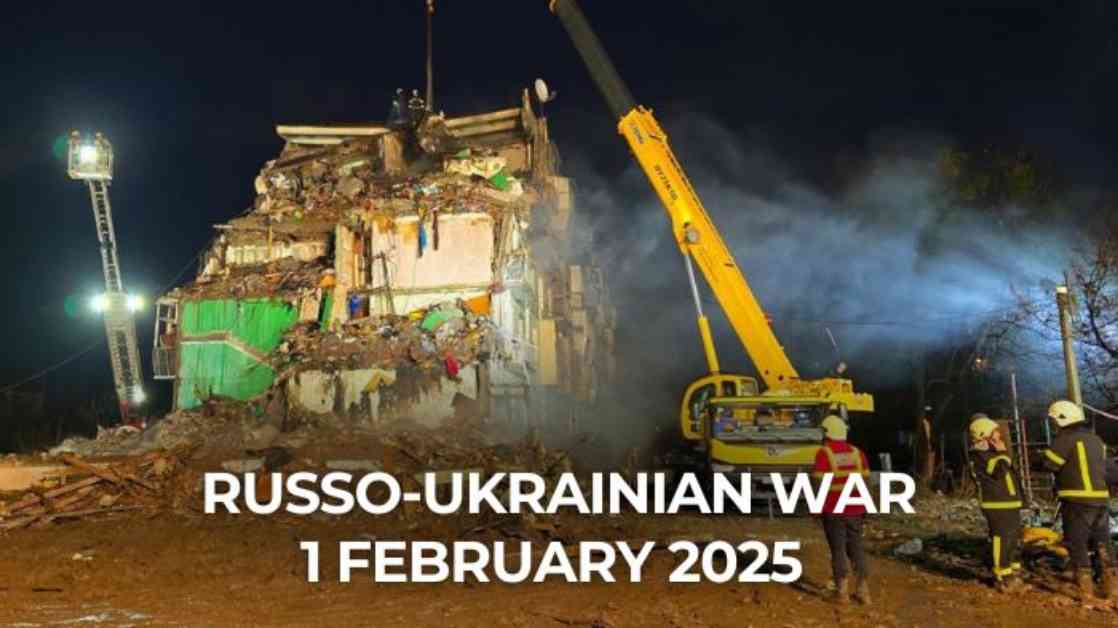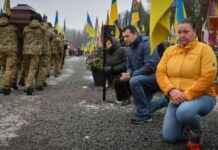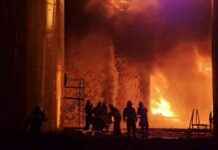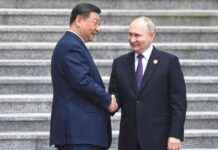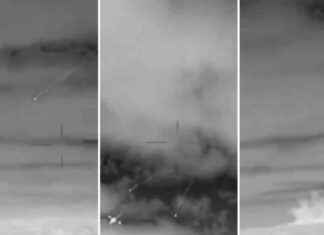The ongoing conflict in Ukraine has taken a devastating toll, with recent Russian attacks resulting in civilian casualties, damage to historic sites, and other alarming developments. Let’s delve into the latest updates from the region and explore the impact on various aspects of life in the affected areas.
Civilian Casualties: A Heart-Wrenching Reality
The most tragic aspect of the conflict is the loss of innocent lives. Russian attacks have targeted civilian areas, leading to a significant number of casualties. In Poltava, central Ukraine, a missile strike on a high-rise residential building claimed the lives of seven people and injured many others. The scene of devastation is heartbreaking, with emergency services working tirelessly to rescue survivors and provide assistance to those in need.
One resident, who preferred to remain anonymous, shared the harrowing experience of witnessing the destruction of their apartment. “My apartment is fully destroyed,” they said, highlighting the immense impact of the violence on individual lives. Such personal stories underscore the human cost of war and remind us of the urgent need for peace and stability in the region.
Damage to Historic Sites: Preserving Cultural Heritage Amidst Chaos
In addition to civilian casualties, the conflict has also taken a toll on historic sites and cultural landmarks. The historic center of Odesa, a UNESCO-protected area, suffered damage when a Russian missile struck the Philharmonic building. The mayor of Odesa expressed deep concern over the impact on the city’s cultural heritage, emphasizing the need to protect these sites for future generations.
The destruction of cultural landmarks not only erases tangible links to the past but also robs communities of their identity and heritage. The international community must come together to condemn such attacks and support efforts to preserve and restore these valuable sites. As one expert in cultural preservation noted, “The loss of cultural heritage is a loss for all of humanity, and we must do everything in our power to safeguard these treasures.”
International Response and Assistance
Amidst the turmoil, there have been gestures of solidarity and support from various countries. Latvia, for instance, has launched a charity initiative to procure drones for Ukraine’s military needs, raising over $132,000 for the cause. The donation of drones underscores the importance of international cooperation in addressing the security challenges faced by Ukraine and other conflict-affected regions.
Furthermore, Moldova’s Transnistria region, which is under Russian control, received gas supplies from the EU as Russian deliveries halted. This shift in energy sources highlights the complex geopolitical dynamics at play in the region and the need for diversified energy supply chains to ensure stability and resilience in the face of conflict.
As the situation in Ukraine continues to evolve, it is essential for the international community to remain engaged and committed to finding peaceful solutions to the conflict. By standing together and supporting those affected by the violence, we can work towards a future where peace and prosperity prevail.
The conflict in Ukraine serves as a stark reminder of the human cost of war and the urgent need for diplomatic solutions to prevent further suffering and destruction. As we reflect on the latest developments in the region, let us recommit ourselves to promoting peace, justice, and reconciliation in the face of adversity. Together, we can build a better future for all those impacted by conflict and violence.
